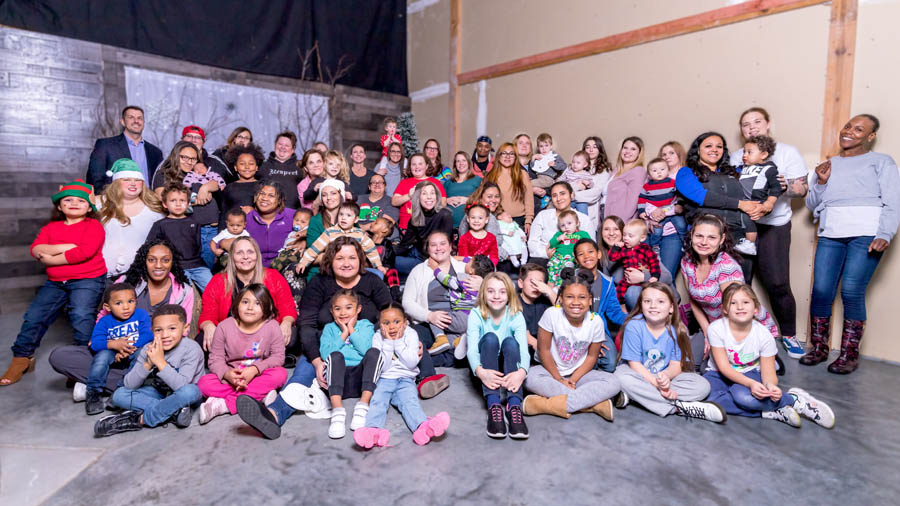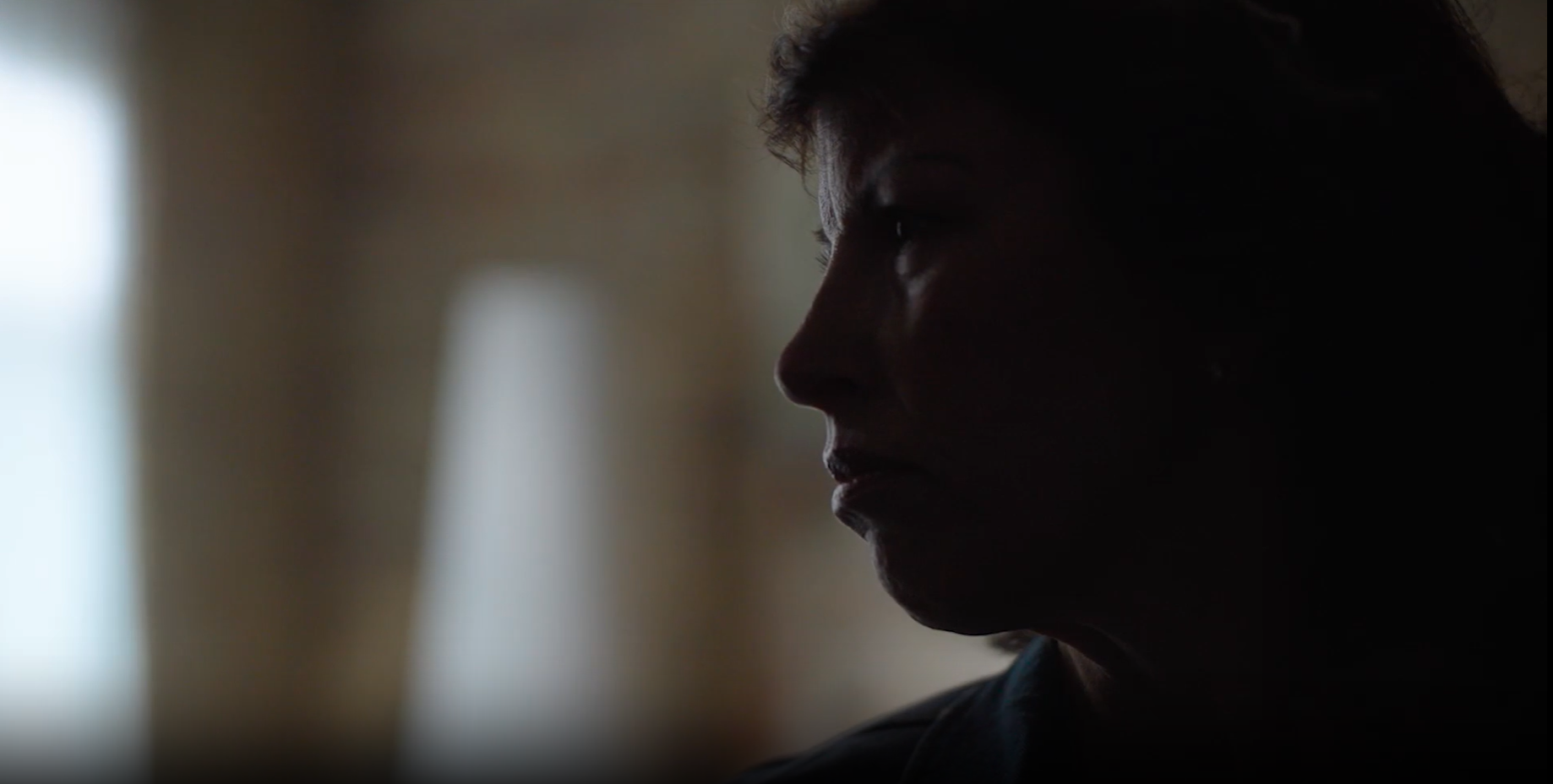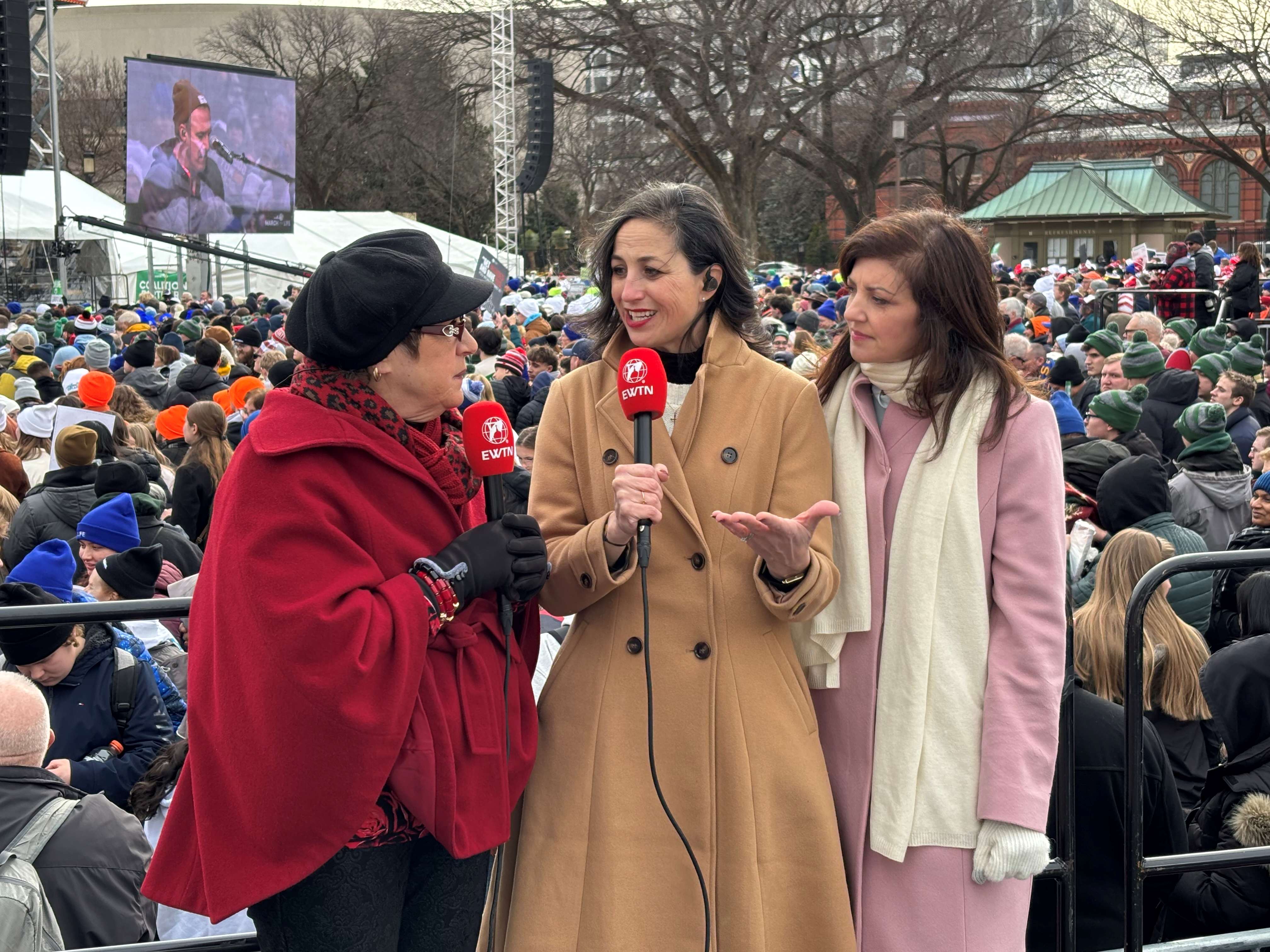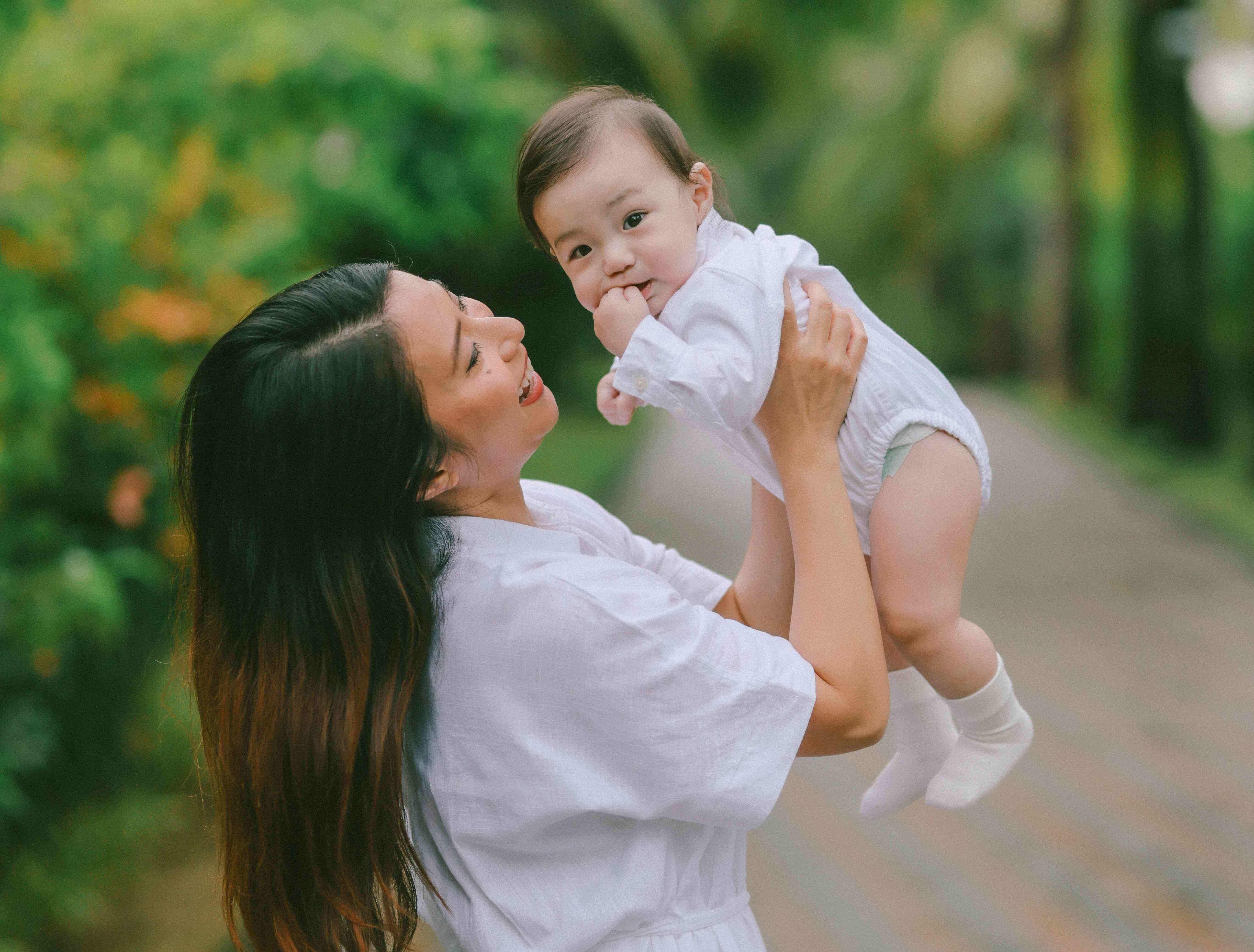The first of its kind study of maternity homes in the U.S. is officially in progress and the way has been paved for consideration of additional applicants.
A leader for one of the participating organizations in the ongoing Maternity Housing Coalition study encourages other maternity homes to consider taking part because of the increasingly crucial role maternity housing plays in life-saving pregnancy help work.
Gina Tomes, co-founder and program director for Bethlehem House in Omaha, Neb., said that by working in partnership, learning from one another, and finding out the best practices that are working for maternity homes, the homes will be better equipped to overcome many of the regular struggles they face.
“By participating in this opportunity it’s for a chance for us to all collaborate closer together,” Tomes said, “to share in this mission and vision of serving the families that are choosing life and to strengthen us.”

Bethlehem House was chosen out of the over 450 maternity homes in the United States to participate in the study, one of five inaugural maternity homes to take part.
The five homes are members of the National Maternity Housing Coalition, recently renamed the Maternity Housing Coalition, and they are being studied over roughly three to five years. The study is being conducted by the Wilson Sheehan Lab for Economic Opportunities (LEO) at the University of Notre Dame.
Maternity homes that were considered had some history, growth, and sustainability, and Tomes said that since there is diversity in programs, once they were chosen it took about a year and a half to build the research, with the homes involved in the process.
The goal of fighting poverty struck a nerve with her, she said, praising the LEO program.
“They strive to empower nonprofits to really better understand the effectiveness of their programming so that we can strengthen through lessons learned,” said Tomes.
[Click here to subscribe to Pregnancy Help News!]
Tomes tells supporters of Bethlehem House that through the partnership with LEO maternity homes will be able to provide causal evidence that their services and programs are transforming lives.
The research explores the issues of ending homelessness and poverty, improving social determinants of health, increasing family reunification, addressing and supporting sobriety and recovery, increasing economic development, and enhancing spiritual foundations.
The project ultimately seeks to increase the number of maternity homes in the U.S. to meet demand, as well as to enhance and strengthen the homes’ services, programming, staff training and development, and to fund and invest in the maternity homes and their needs.
Each participating home and the Maternity Housing Coalition has been awarded a $25k gift from the LEO study to facilitate their taking part.
Previously there had been no established data to prove the effectiveness of the homes’ programs. Another goal of the study is to establish more continuity of care across the nation’s maternity homes.
The importance of the LEO maternity home study is not lost on Tomes.
As one of the co-founders of Bethlehem House she says she’s had the privilege and blessing of being there since the doors opened in January 2005.

newest baby at Bethlehem House's annual gala
Bethlehem House is thriving and its services extensive. The home is unique in that it will accept residents in need of treatment for addiction. Tomes says they are “rapid responders” for the women who come to them seeking a home.
Bethlehem House has served over 938 families since its doors opened.
“I pull up each morning, and of course we have hard days, and we have women that have to be transitioned out or don't make it,” Tomes told Pregnancy Help News. “But for the greater majority of it, it's like witnessing miracles.”
She acknowledges that it may be a leap for maternity home personnel to consider taking part in the LEO study, and it took some time for her to wrap her brain around the research, including the concept of relying more on data in screening housing applicants. But she learned to trust, and the LEO representatives are right there with the homes along the way.
“It's different for us non-profit folks,” Tomes said. “We are so used to, especially ministry people, rolling up our sleeves and providing services, but you're paired up with their team.”
Maternity home residents must agree to take part in the study. Tomes stresses transparency with prospective residents.
Tomes tells them, “So, if you agree to this research, you will be a part of something possibly that could really help another family and another woman change their life.”
“We are doing a research project with them, and it's a pretty big deal,” she added. “And the reason why we're doing this research project is because so many of the women that have come through this program have totally changed their lives.”
“They have found their purpose,” Tomes said of Bethlehem House’s residents.
“They have had a healthy baby, they are thriving,” she said. “And it was this intervention, this maternity home that really helped them identify God's purpose for them and where they belong in life and continued to work with them.”
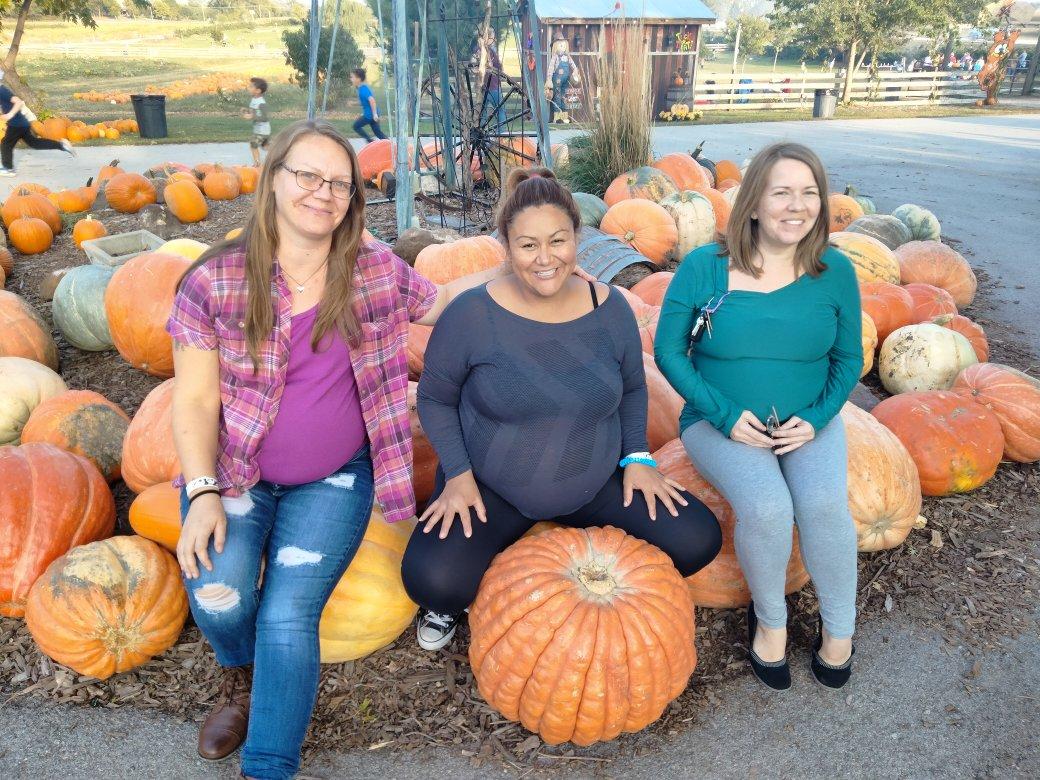
“It is so important in our culture to provide this sort of service in our nation,” Tomes told Pregnancy Help News. “Especially now, we want to learn and know how to do it better and actually grow from this. And we want to be able to help more families.”
While she has decades of experience of serving people in need and she regularly observes, researches, and evaluates the operations of Bethlehem House, she has learned a lot from taking part in the LEO study.
Tomes said it has been a labor of love and that maternity homes taking part “have to really be brave and vulnerable.”
“I've been here since the doors opened,” she said. “So, I've seen so much and it's not, it's not all glamorous and pretty. It's very, very hard.”
“But what the Notre Dame study did for me at least is they have provided me with support and expertise in areas that I did not have,” she said.
For example, Tomes said she has learned much about the language of what economists look at and how to provide causal and concrete evidence as to what the maternity homes are doing is working.
“When we recruit and meet our investors, they have to trust us and have to believe in us,” she said. “And hopefully what we're doing is not only bringing these beautiful lives into the world but changing the lives of the moms that we're serving.”
Tomes said, “you just have to see it to believe it,” and the LEO study is empowering them to be able to better quantify this for Bethlehem House’s investors.
Tweet This: The reason we're doing this research is because so many of the women that have come through this program have totally changed their lives.
Bethlehem House has been effective and viable in fulfilling it's mission, and Tomes attributes that to God. Still, working with the LEO program has provided a glimpse of what could be for maternity homes across the board.
"To work with the experts at the university of Notre Dame has given me hope that we're going to get some more momentum, because we need it more than ever now," Tomes told Pregnancy Help News. "So we're gonna be able to reach maybe sectors that we, we couldn't before."
It's not just about the funding, Tomes said.
"It's more about the understanding of what these maternity homes can offer, how they can affect a mom's life forever," she said. "And most importantly, that baby's life and generations to come."
Tweet This: The ND LEO study is about understanding what maternity homes offer, how they can affect a mom & her baby's life forever +generations to come
Maternity homes in general will tell you they probably feel like they're on an island, Tomes said, and they have great days and bad days, which is totally normal.
“But I think this could make us all help us be ultimately stronger,” she said. “And by us being stronger, we're able to serve our families more effectively and better. And that's what it's all about.”
“We have to have more of a strategic in-union walk together, us maternity homes, in light of the Dobbs decision,” said Tomes. “Because there's a lot of opposition that is just not accurate with what they're promoting - and we have a real response, so let's do it.”
For more information on the LEO maternity housing project click HERE. Maternity homes that are interested in applying for consideration to be part of the study can contact Valerie Humes, housing specialist for Heartbeat International and director of the Maternity Housing Coalition, at
Editor's note: Heartbeat International manages the Maternity Housing Coalition and Pregnancy Help News. This article has been updated.



